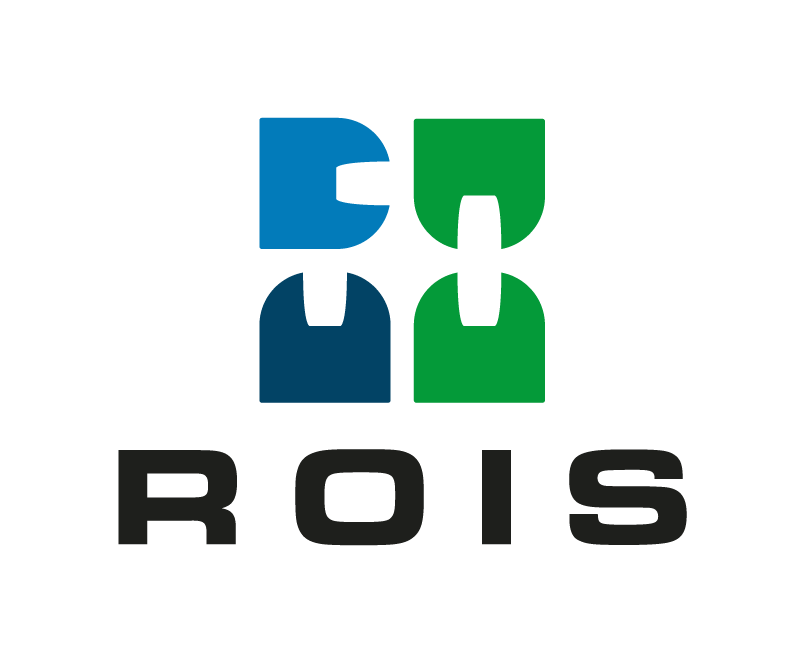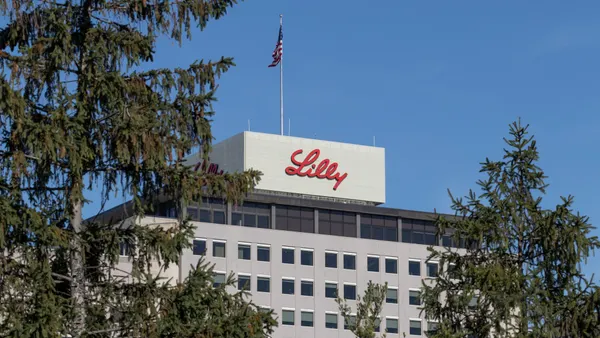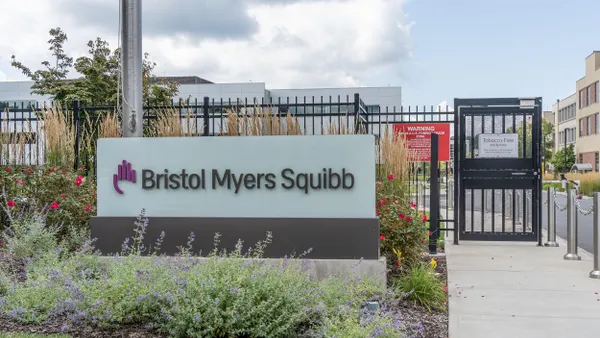Today, a brief rundown of news involving Sarepta Therapeutics, Capricor Therapeutics and Nektar Therapeutics, as well as updates from AstraZeneca, Revolution Medicines and Carisma Therapeutics that you may have missed.
The Food and Drug Administration is investigating two deaths among patients treated with Sarepta Therapeutics’ gene therapy Elevidys for Duchenne muscular dystrophy. Both patients died this year of acute liver failure after receiving Elevidys, with the second case reported earlier this month. The FDA said their deaths appear to be related to treatment and that it will evaluate “the need for further regulatory action.” More than 900 people have been treated with Elevidys in clinical and commercial settings. Sarepta previously said it would convene an expert committee to help develop a better immunosuppressive drug regimen that could improve safety in patients who, like the two who died, can no longer walk becaue of their disease. Vinay Prasad, the new head of the FDA office in charge of therapies like Elevidys, has previously criticized the drug.— Ned Pagliarulo
Capricor Therapeutics has confirmed the FDA will no longer hold an advisory committee meeting to discuss its application for approval of a Duchenne treatment called deramiocel. The agency is scheduled to make a decision by Aug. 31, but had previously planned to ask experts for input, as supporting data come from a small number of patients. Stat News reported Prasad chose to cancel the meeting due to skepticism of the treatment. “We remain confident in the strength of our submission,” Capricor CEO Linda Marbán said in a Tuesday statement. “To date, all regulatory milestones have proceeded as expected, including a successful pre-license inspection and a mid-cycle review with no major issues.” — Ned Pagliarulo
Shares in Nektar Therapeutics rose by more than 150% on Tuesday after the biotechnology company detailed mid-stage trial results for a drug, rezpegaldesleukin, that it’s developing to treat atopic dermatitis. The study, which enrolled 393 people with moderate-to-severe eczema, met its main and secondary goals, showing treatment helped clear skin and ease itching in significantly more people than did placebo. The data are a positive sign of rezpegaldeleukin’s potential, wrote Jefferies analyst Roger Song in a client note, as many patients don’t “sufficiently respond” to drugs like Dupixent. — Ned Pagliarulo
Datroway, an antibody-drug conjugate developed by Daiichi Sankyo and AstraZeneca, is now approved in the U.S. to treat locally advanced or metastatic non-small cell lung cancer. The conditional clearance from the FDA is limited to patients whose tumors harbor mutations in a gene called EGFR and who previously received EGFR-targeted treatment alongside chemotherapy. Datroway, which is also approved for a certain form of breast cancer, is the first ADC aimed at a protein called TROP2 to win a lung cancer OK. The companies previously withdrew an application for a broader approval after disappointing study results. — Ned Pagliarulo
Revolution Medicines has up to $2 billion in new funding at its disposal after striking a rights deal with Royalty Pharma, which is also extending the biotech a term loan. The first agreement trades single-digit royalties on any eventual sales of Revolution’s experimental cancer drug daraxonrasib for successive tranches of funding, starting with $250 million that will be available to Revolution immediately. The biotech can draw up to $750 million from the loan. Draxonrasib targets cancers driven to growth by so-called RAS mutations, and is in Phase 3 testing of people with pancreatic and lung tumors. Data from the pancreatic study are due in 2026.— Ned Pagliarulo
Carisma Therapeutics will merge with OrthoCellix after struggling to develop a cell therapy for cancer and immune diseases. Carisma stockholders will own 10% of the new company, which will trade on Nasdaq under the ticker symbol OCLX, according to a Monday announcement. The new company will advance “regenerative cell therapies,” including the knee cartilage implant technology that OrthoCellix plans to move into Phase 3 testing by the end of this year. Carisma in March paused its R&D efforts and, in Monday's statement, said stockholders will be issued contingent value rights for payment if the newly combined company manages to sell any of Carisma’s cell therapy assets. — Gwendolyn Wu














